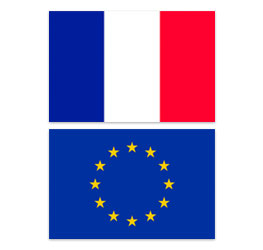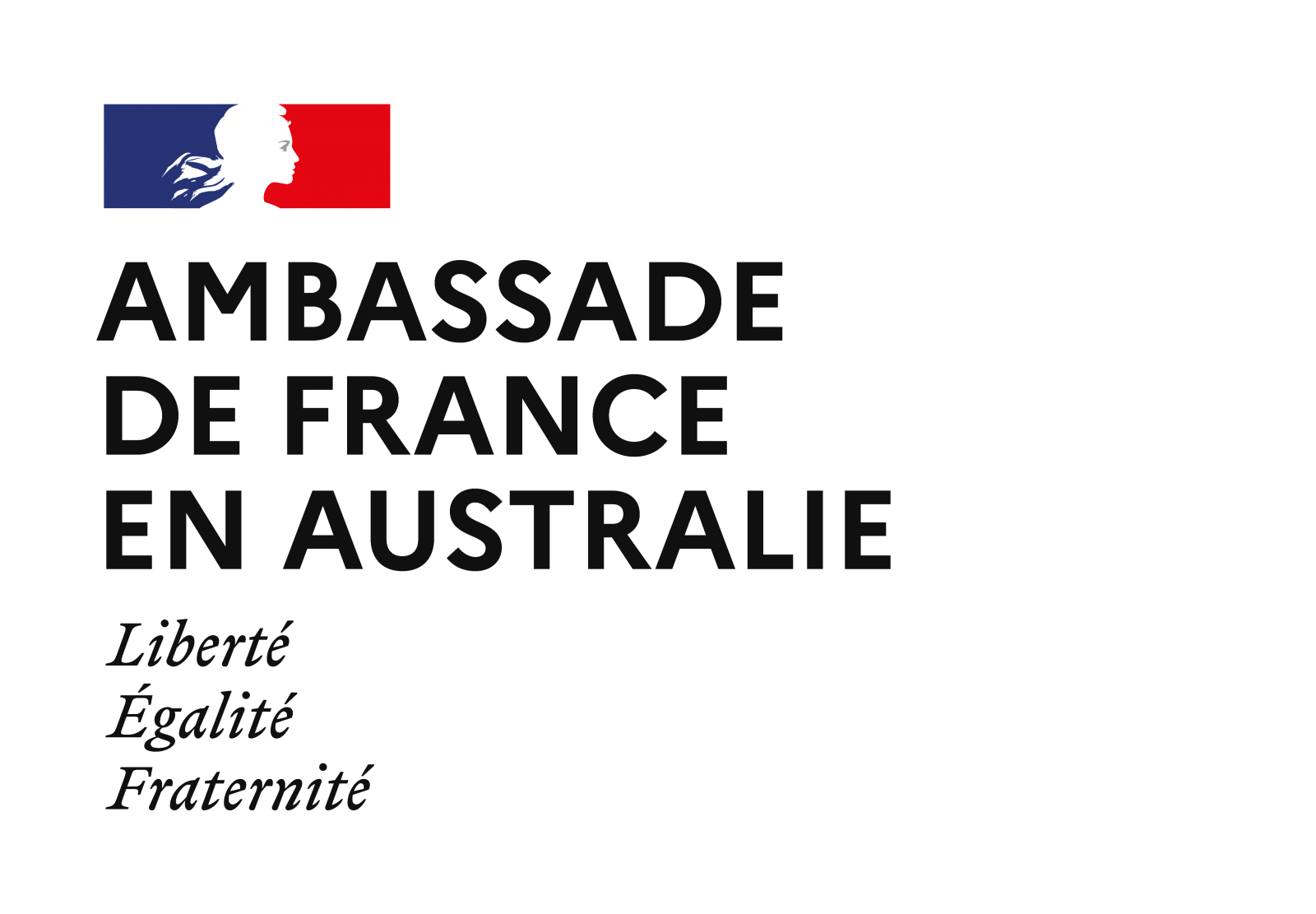
The call for nominations is currently closed
The call for applications is now closed.
The Early- and Mid-Career Researcher Mobility Grants support Australian researchers to travel to France and other European countries to work with leading researchers at major science and technology organisations for between 14 and 28 days. The grants are supported by the Bede Morris and Rod Rickards memorial funds, and a generous donation by the French Embassy in Australia to sponsor up to two additional grants under the Bede Morris Memorial Fund.
The Bede Morris Memorial Fund was established in honour of Professor Bede Morris FAA (1927–1988), one of Australia’s most distinguished medical scientists. The fund has been supporting Australian researchers to travel and conduct research in France since 1990. The grants are available for Australian EMCRs to conduct research in collaboration with a French research organisation in any field of the natural sciences. It is expected that up to six Australian researchers will be supported through this fund.
The Rod Rickards Fellowships were established in honour of Professor Rod Rickards FAA (1934–2007), one of the most important contributors to Australian science through his outstanding achievements in the chemistry of compounds of medical, biological, agricultural and veterinary importance. The grants are available to support research projects conducted in collaboration with a European based research organisation in the areas of chemistry or biology. It is expected that up to 10 Australian researchers will be supported through this fund.
The grants are not intended to supplement or extend study or sabbatical undertaken abroad. Support will not be given when the primary purpose of the visit is to attend a conference.
Applicants who already receive funding for their proposed project from another source are eligible to apply for a mobility grant if they can demonstrate that the proposed activity that would be supported by the mobility grant is supplementary to the project’s core activities.
At the time of submitting the grant application, the applicant must:
The mobility grants are available to Australian researchers from any of the following eligible research organisations:
Previous recipients of an EMCR Mobility Grant, Bede Morris grant or Rod Rickards Fellowship are ineligible to apply for this program.
Grants will be offered to successful applicants to conduct research activities in France (any field of natural sciences) or in Europe (chemistry and biology) with a major science and technology institution to continue to strengthen research networks and linkages.
Europe includes member countries of the European Union as noted here, plus the UK, Switzerland and Norway. The Australian institutions will be responsible for supporting their EMCR’s visit to France or Europe and liaising with the Academy in relation to administering the grants.
Successful applicants will be offered a grant from the Academy of up to A$7,000 (GST exclusive) towards the cost of:
Travel to France or Europe must commence after 1 January 2025 and be completed by 31 December 2025. Travel must be for a minimum of 14 days and a maximum of 28 days.
Awardees are required to organise their own travel and accommodation arrangements, in consultation with the host institution. Dependants may accompany the successful applicant at their own cost.
The grant does not provide funds for bench fees, managerial, visa or insurance costs.
Applicants should propose a collaborative research activity that has been developed in consultation with the host organisation in France or in Europe. A letter of invitation from the host institution(s) commenting on the proposed collaboration must be submitted with the application.
Proposals will be assessed on the:
Applications are considered carefully against the selection criteria by a committee of scientists with diverse expertise. Applications will be ranked based on the merit of the proposal and funding will be allocated according to each fund’s specifications.
The decisions of the assessment committee are based on the assessed competitiveness of the proposal. The Academy does not enter into discussion or correspondence regarding the reasons why an application is successful or not.
Applicants can only be awarded a single mobility grant, as decided by the Academy. Please note that for successful applicants, the Academy will decide which memorial fund will provide the grant.
Awardees are required to submit a report within three months of their return to Australia. Any publication resulting from the project funded by this program must mention the support granted to the project by the Australian Academy of Science.

For further information, contact:
Program Delivery Unit
Australian Academy of Science
GPO Box 783
Canberra ACT 2601
Phone: 02 6201 9412
Email: grants@science.org.au
© 2025 Australian Academy of Science